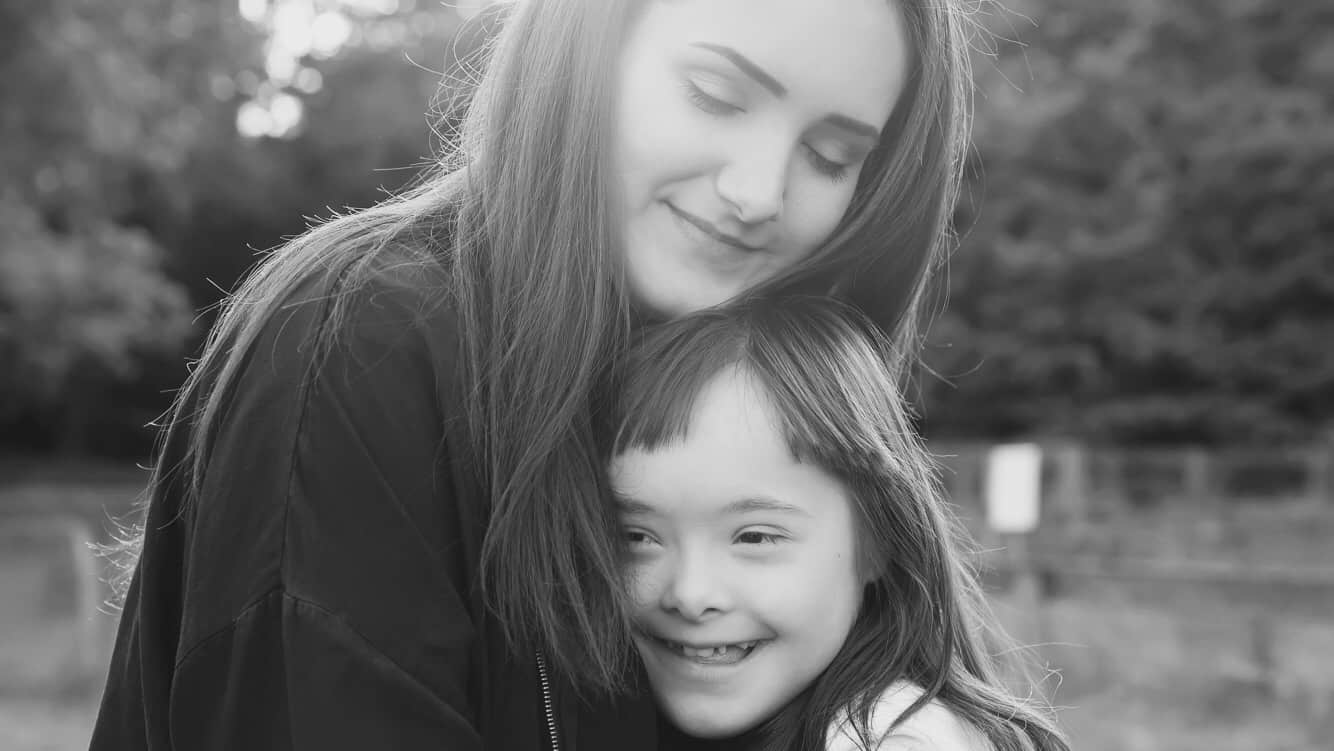Parenting is already a stressful and tiring endeavor. Caring for a special needs child, as one mother puts it, “takes things to another level of fatigue.” She cites an ever-present tiredness of both body and mind; juggling doctor’s visits and paying bills, and always having to “navigate” things that some parents take for granted, such as the bureaucracy that is the public school system.
Many of these mothers and fathers also work, have other children, and also face the myriad responsibilities of life. Whenever and wherever they may find some reprieve is most welcome.
Including in day-to-day interactions.
Most of us will never have a full understanding of what it’s like to care for someone with special needs. Something that all of us can do is monitor what we say to those caregivers.
With that said, here are five things to never say to a special needs parent; followed by a few ideas of what to say instead!
5 Things to Never Say To A Special Needs Parent
In 2014–15, the number of children and youth ages 3–21 receiving special education services was 6.6 million, or 13 percent of all public school students. Among children and youth receiving special education services, 35 percent had specific learning disabilities. ~ The National Center for Education Statistics
1. (Insert religious comment here)
A “God bless” is nice, but we should watch what we say about God and their child.
Too often, many of these comments resemble comments like “God gave you this special kid,” “God will give you the strength,” or “God won’t give you more than you can handle.”
These are all nice and well-meaning words, but please consider the following:
– We don’t know the person’s religious or spiritual beliefs, if any.
– Parents may interpret such comments as pity, which isn’t desirable.
– The odds are that they’ve already contemplated the “why?” of their situation, including anything related to God.
– If the parent desires spiritual counsel, they’ll make their request known.
2. “She looks normal.”
Again, a well-intended statement, but nonetheless unwise.
One mother, a diversity and inclusion advocate, was told: “She doesn’t look like she has special needs.” Such a statement is interpreted as ignorant at best, and utterly disrespectful at worst.
18.5% of American children under the age of 18 are considered Special Needs Children. Each child falls into one of four categories of special needs: behavioral/emotional, developmental, physical, and sensory impaired.
Most special needs children do not display any physical abnormality. Regardless, it’s inappropriate to mention anything related to the child’s appearance.
3. “He should be able to…”
This phrase should be spoken by one of two people: the parent and the child’s doctor or therapist.
Most special needs involve a cognitive deficit. The human brain, as we all know, is an incredibly complex organ. In fact, neuroscientists are often perplexed about its function or lack thereof.
One mother of a child with sensory processing disorder (SPD), a condition wherein “the brain has trouble receiving and responding to information that comes in through the senses,” shares her experience:
“I wish people, especially other parents, would stop assuming my son is just having a tantrum … or that I don’t care about his appearance. Something as basic as having his head touched feels like torture to him, so his hair often goes unbrushed.”
In short, unless we’re an expert on a particular disability, we aren’t in any position to articulate what the child should or shouldn’t do.
4. “I’m sorry.”
“I would instantly go into Mama bear protective mode.” says one mother of a child with Down syndrome.
You may be noticing a trend at this point. All of these comments, while seemingly thoughtful, are not received well by the child’s parents.
The words “I’m sorry,” in most circumstances, is said with sympathy and kindness. However, the tonality of this phrase, when directed towards a special needs parent, is generally one of pity.
As mentioned, special needs parents do not want pity.
The parent is intimately familiar with their circumstances. Most parents, after a period of time, accept their situation – and do what they can to make the best of it.
5. “He’s so smart.”
Assuming that a disability limits the child’s “intelligence,” however one may define the word, is to assume incorrectly. (Why would we assume in the first place?)
Complimenting a parent on a child’s intelligence is a very nice gesture … under most conditions. But again, this is not a typical situation. The fact is that special needs children are in the minority, and thus many words and behaviors from the majority are not phrased correctly.
What to say instead
Special needs parents face many challenges, and many parents do appreciate the encouragement. Here are a few ideas.
– “Is he enjoying school?”
– “What is her favorite subject?”
– “Is there something that I can do to help?”
– “I’d like to know more about the condition. May I ask you?”
– “How is your child progressing?”
Any type of question that demonstrates compassion, respect, and interest is generally well-received by special needs parents!












 Community
Community

